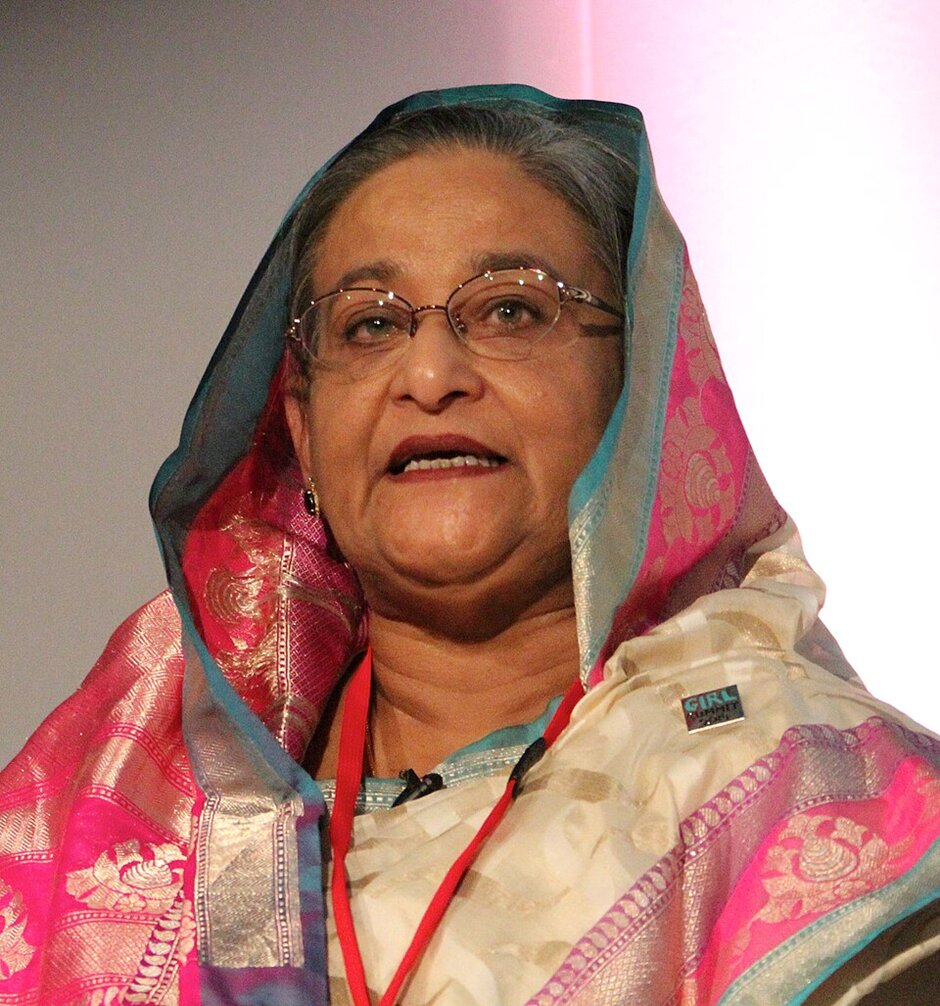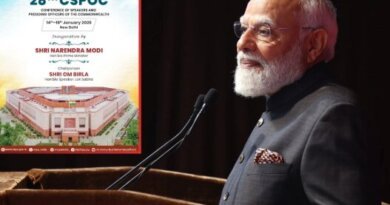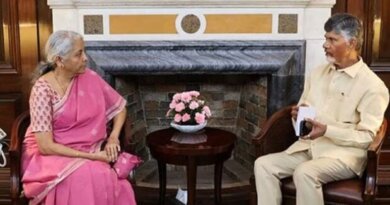Sheikh Hasina’s Conviction Sends Shockwaves Through South Asian Diplomacy

Bangladesh’s political landscape was jolted this week as former Prime Minister Sheikh Hasina was sentenced to six months in prison by the International Crimes Tribunal (ICT), triggering diplomatic unease across South Asia. The verdict, delivered in absentia, marks the first legal blow to Hasina since her dramatic ouster in August 2024.
The contempt case stems from a leaked phone recording allegedly featuring Hasina stating, “I have had 227 cases filed against me, so I have received a license to kill 227 people.” The audio, authenticated by forensic experts, was deemed a direct threat to judicial integrity.
Hasina, who fled to India following a student-led uprising, failed to appear in court or appoint legal counsel. The tribunal proceeded without her, issuing the sentence alongside a two-month term for Shakil Akand Bulbul, a former student leader.
This conviction is part of a broader legal offensive. In June 2025, Hasina and key figures from her former administration were formally charged with crimes against humanity linked to the 2024 protests. The UN estimates over 1,400 deaths during that period.
India, where Hasina currently resides in a safe house, faces a diplomatic tightrope. While New Delhi has not officially commented, regional analysts suggest the verdict could strain bilateral ties, especially with Bangladesh’s interim government led by Nobel laureate Muhammad Yunus pushing for accountability.
The ICT, ironically established by Hasina’s own government in 2010 to prosecute 1971 war crimes, now stands as the instrument of her legal reckoning. The tribunal’s actions are being closely watched by neighboring countries, many of which are grappling with their own democratic challenges.
Supporters of Hasina dismiss the charges as politically motivated, while critics argue the trials are essential for restoring public trust. The verdict has reignited debates on judicial independence, political asylum, and the role of international oversight in domestic conflicts.
As South Asia recalibrates its diplomatic posture, Hasina’s sentencing may become a defining moment in the region’s pursuit of justice and democratic resilience.





Very good article good work NEO TEAM